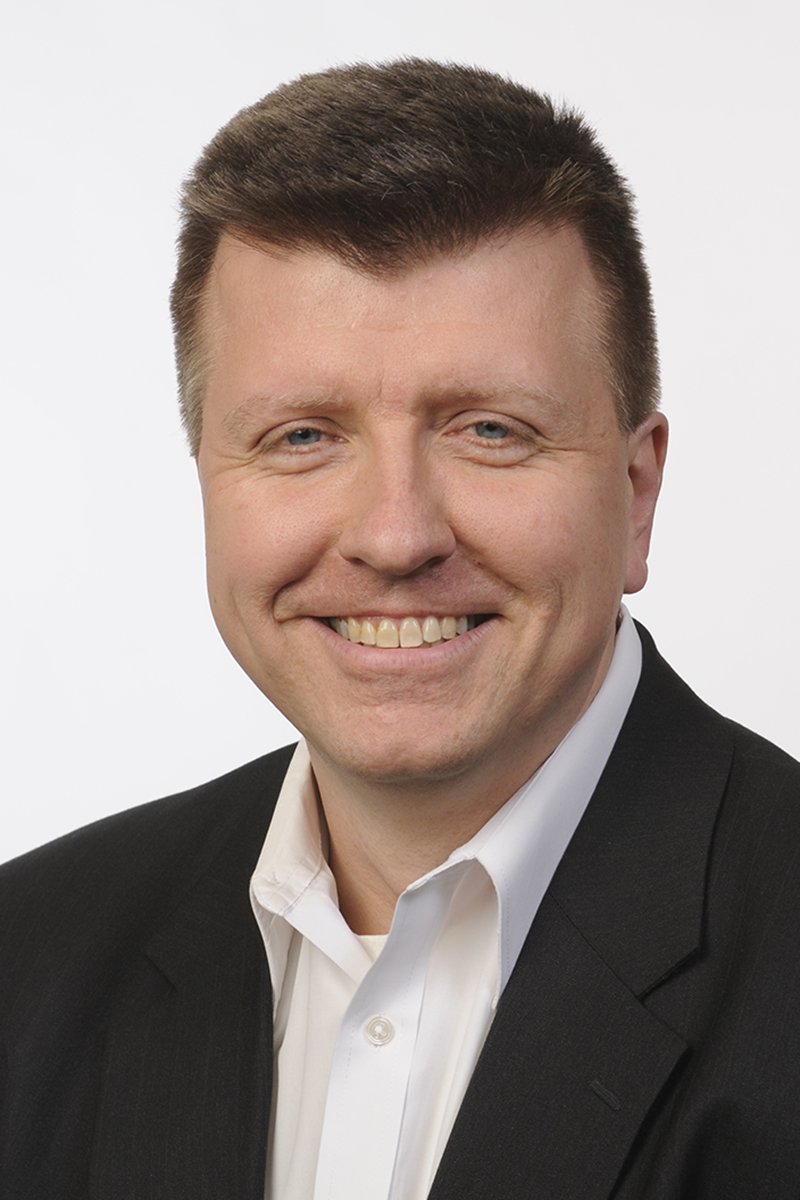Audrius Polikaitis, PhD, currently serves as assistant vice president of health information technology and CIO of Chicago-based University of Illinois Hospital Health Sciences System.
In his role, Dr. Polikaitis oversees the information systems at UI Health. Dr. Polikaitis earned his PhD in electrical and computer engineering from Chicago-based Illinois Institute of Technology.
On Wednesday, April 19, Dr. Polikaitis will speak on a panel at the Becker's Hospital Review 8th Annual Meeting. As part of an ongoing series, Becker's is talking to healthcare leaders who plan to speak at the conference, which will take place April 17 through April 20 in Chicago.
To learn more about the conference and Dr. Polikaitis' panel, click here.
Question: The panel you're speaking on at our April conference is titled "Key Real World Uses of Big Data." How can the industry utilize big data?
Dr. Audrius Polikaitis: The discussion focuses on the question, "Is data today in healthcare big enough to be big data?" I would lean on the side of, "We're not really big data yet." But there are aspects of starting to think about things from a big data perspective.
The first aspect is the notion of a data lake. You don't worry about modeling the data initially, but as use cases evolve, you start putting it to use. Within healthcare delivery organizations, there's so much data that we fundamentally throw away. For example, patient monitors collect data in real time and integrate it with EMRs. The data may be accessible for 36 hours, but after some period of time, it essentially gets flushed out. Would all these intermediate data points be useful to us?
Another aspect involves social media. We talk about population health. The standard approach is risk stratification where we apply our resources to those who have the highest risk. But the questions now are, "What do we do with all those who are in a risk category? How do we do this population health management if the data we have is from an annual visit?"
Q: What do you see as the No. 1 concern for CIOs in 2017?
AP: I wish this wasn't my answer, but it is: It's security and ransomware. All this started with Los Angeles-based Hollywood Presbyterian in 2016 and it just snowballed. There are very few states that on the HHS website don't have an official breach due to hacking that involved more than 500 patients. I hate that this has to be the No. 1 priority. It's draining resources.
Another concern is the notion of analytics and continuing to develop analytic capabilities. Part of it is technology. Part of it is a cultural innovation in our organizations and getting used to using data to inform your decisions. When I reflect on our organization, we have business intelligence tools. But the biggest thing missing is a larger cohort of people who are data savvy and can match that with the specific operation they're in to use the data innovation to drive change.
Q: What excites you most about the future of health IT?
AP: The ability to facilitate and drive change. In addition, as in any other industry as in our personal lives, it is a computing capability that's leading to new opportunities.
Q: What do you consider your greatest talent or skill outside the C-suite?
AP: I do a few things in the Lithuanian community in Chicago. Every summer, I'm the chief counselor at a summer camp in Michigan for about a week. The camp starts on a Saturday and ends on a Sunday. There are 150 grammar school kids and a crew of 20 high schoolers as counselors. I went to the camp when I was a kid, then I was one of the high schoolers.
I enjoy demonstrating leadership in forums like these. As with everything that's volunteer-related, without volunteers, the organization doesn't thrive.

